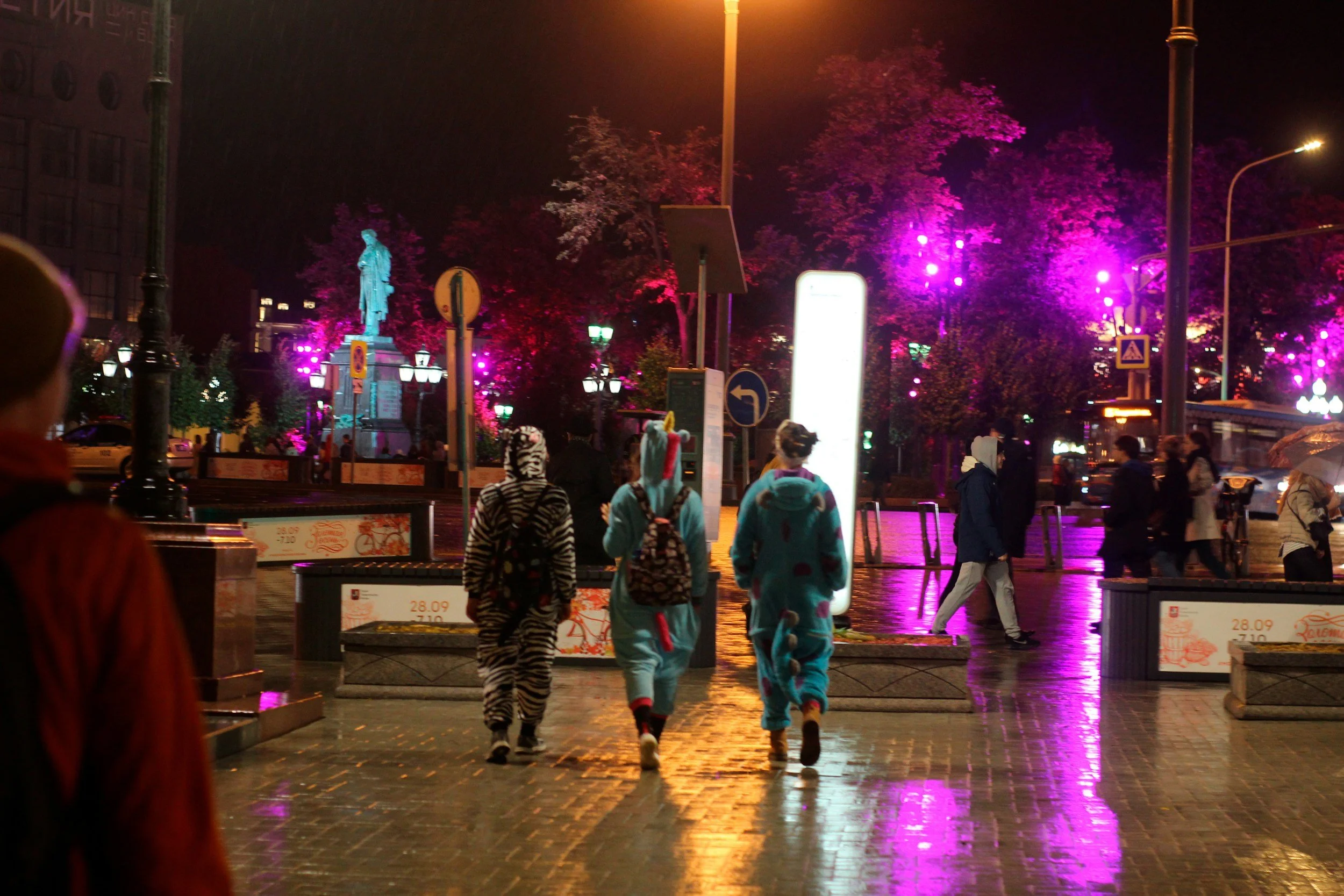Why Visual Storytelling is the Future of Slot Game Design
By PAGE Editor
Slot games have come a long way from their humble beginnings. What started as a simple spinning reel of fruits and numbers has evolved into a highly immersive experience. Today, it’s not just about spinning for cash, but about diving into a world of visually stunning narratives. This shift toward visual storytelling is revolutionizing the design of online slot games and paving the way for a more engaging, entertaining, and interactive gaming experience. Let’s explore why visual storytelling is becoming the future of slot game design.
The Evolution of Slot Games: From Simple Reels to Rich Narratives
When slot machines first hit the scene, they were all about simplicity. Players would pull a lever and hope to land a winning combination of fruits, bars, and sevens. The focus was on mechanics, and the graphics were simple, often just static images on the reels. However, as technology advanced, so did the expectations of players. Online slot games now need to offer more than just a quick payout—they must offer a memorable experience.
In recent years, the trend has been to incorporate more narrative elements into the game. Gone are the days when players were satisfied with just matching symbols for a prize. Now, they want to be transported into an entirely different world. Whether it's an ancient Egyptian tomb, a futuristic city, or a fairy tale kingdom, visual storytelling allows these immersive worlds to unfold in front of the player’s eyes. The game’s graphics, animations, and audio come together to create a cohesive narrative, drawing players in and keeping them engaged for longer periods.
Why Visual Storytelling Matters in Slot Games
1. Engaging the Player’s Imagination
The biggest reason visual storytelling is becoming a vital part of slot gacor game design is its ability to captivate the player’s imagination. Instead of just focusing on the mechanics of the game, designers are building entire universes for players to explore. The use of vibrant colors, detailed character designs, and cinematic animations adds layers of complexity to the game, making it feel like more than just a slot machine.
A game like Book of Dead is a perfect example of how visual storytelling can elevate the player’s experience. As players spin the reels, they’re also following the journey of the game’s main character, Rich Wilde, as he explores the tombs of Egypt in search of treasure. The stunning visuals of the ancient world and the accompanying sound effects immerse players in a way that basic slots cannot.
2. Enhancing Game Mechanics
Visual storytelling does more than just add aesthetic appeal; it also enhances the mechanics of the game. By using visuals to tie together the game’s theme and story, designers can create unique features and bonus rounds that make the game feel more interactive. For example, themed slot777 often have special symbols, like wilds or scatters, that fit within the narrative. These features aren’t just for show—they can help tell the story.
In games like Gonzo's Quest, the slot’s design incorporates elements of the storyline, such as the main character’s search for El Dorado, into the features. The avalanche reel mechanic, where symbols fall into place instead of spinning, fits perfectly with the theme of an explorer uncovering treasure. This blend of visual elements and gameplay creates a more dynamic and rewarding experience for players.
3. Increasing Immersion with Cinematic Animations
Cinematic animations are another tool that game developers use to create powerful visual storytelling in slots. These animations are more than just eye candy; they serve to move the narrative forward and enhance the game’s atmosphere. Cinematic slot games often feature video sequences that are triggered by certain actions within the game, like hitting a bonus round or landing a big win.
For example, in NetEnt’s The Invisible Man slot, players watch as the main character, inspired by the classic novel, goes through different scenarios. The animations are detailed and create a movie-like experience, making it feel like players are part of an ongoing adventure rather than just sitting in front of a machine.
The Future of Slot Game Design: More Story, More Immersion
The direction of slot game design is clear—players are seeking more than just traditional spinning reels. The demand for visual storytelling will only continue to grow, and developers will have to adapt to meet these expectations. In the future, we can expect even more elaborate and interactive stories, with enhanced graphics, multi-layered narratives, and more ways for players to interact with the game world.
Furthermore, augmented reality (AR) and virtual reality (VR) technology could take the visual storytelling experience to the next level. Imagine playing a slot game where you’re not just spinning reels but stepping into a fully realized 3D world that responds to your actions in real-time. This kind of technology could make slot games feel like true adventures, merging the boundaries between gaming and storytelling.
Conclusion
The future of slot game design is rooted in the power of visual storytelling. As players continue to seek more immersive, engaging experiences, game developers will push the boundaries of what’s possible in terms of narrative and graphics. With its ability to captivate the imagination, enhance gameplay, and offer cinematic experiences, visual storytelling is truly the next frontier in the world of slot games. As technology continues to evolve, the possibilities for creating rich, interactive worlds in slots will only grow, making the future of gaming an exciting one to look forward to.
By focusing on visual storytelling, designers are not only changing how we play but also how we experience the thrill of the spin.
HOW DO YOU FEEL ABOUT FASHION?
COMMENT OR TAKE OUR PAGE READER SURVEY
Featured









Mix-and-match bridesmaids dresses have moved far beyond a passing trend and into the mainstream of modern wedding design.